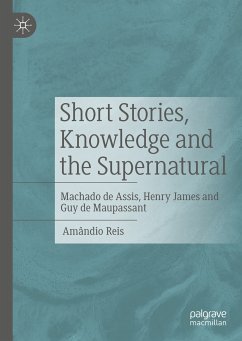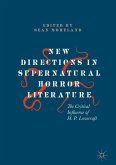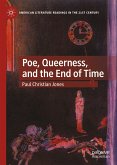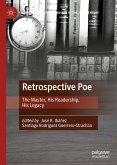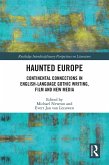This book proposes a comparative approach to the supernatural short stories of Machado de Assis, Henry James and Guy de Maupassant. It offers an alternative to predominantly novel-centric and Anglo-centric perspectives on literary pre-modernism by investigating a transnational and multilingual connection between genre, theme and theory, i.e., between the modern short story, the supernatural and the problem of knowledge. Incorporating a close analysis of the literary texts into a discussion of their historical context, the book argues that Machado, James and Maupassant explore and reinvent the supernatural short story as a metafictional genre. This modernized and innovative form allows them to challenge the dichotomies and conventions of realist and supernatural fiction, inviting their past and present readers to question common assumptions on reality and literary representation.
Amândio Reis is a Research Fellow and member of the Centre for Comparative Studies at the University of Lisbon, Portugal. He is the editor-in-chief of Compendium: Journal of Comparative Studies. He has taught comparative literature, Romantic poetry and painting, and contemporary and late nineteenth-century short fiction. His work is mostly focused on narrative theory, comparative literature, and interarts studies, with a special focus on the late nineteenth century and transatlantic modernisms.
Dieser Download kann aus rechtlichen Gründen nur mit Rechnungsadresse in A, B, BG, CY, CZ, D, DK, EW, E, FIN, F, GR, HR, H, IRL, I, LT, L, LR, M, NL, PL, P, R, S, SLO, SK ausgeliefert werden.

